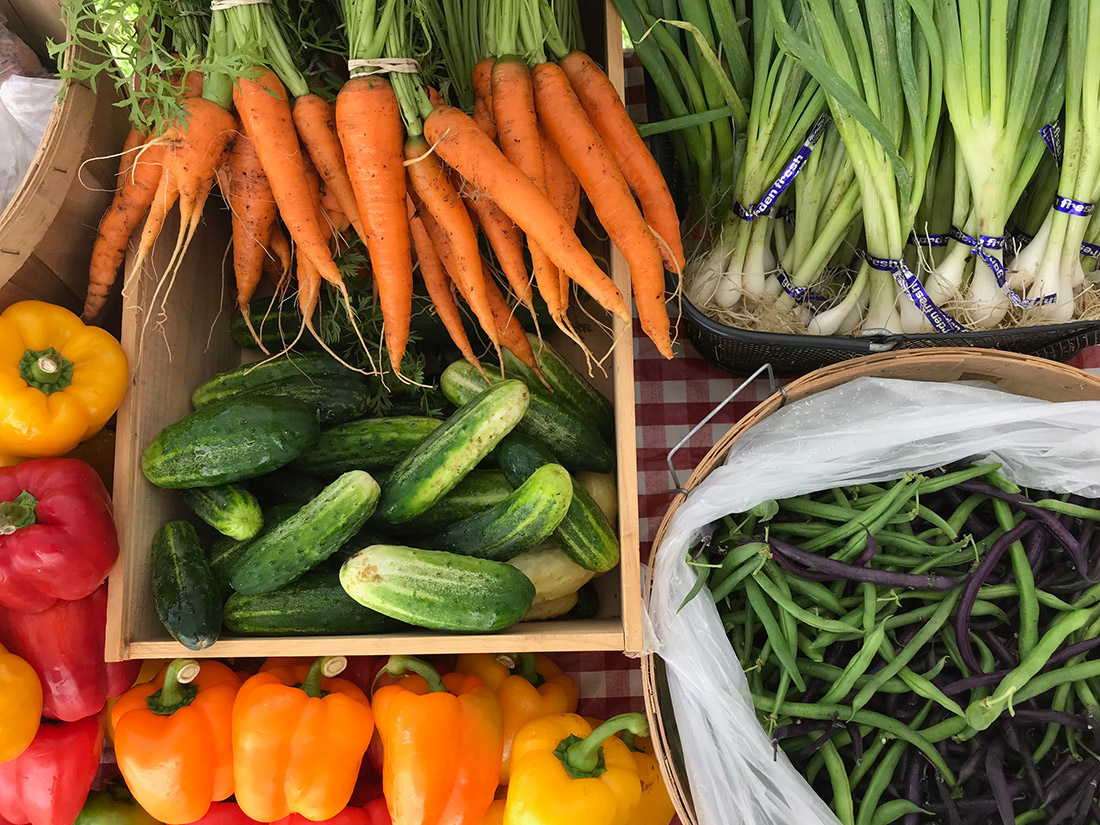Stay-at-home mom Jeanette Cattan and her husband love to cook from scratch for their family of five. They love exploring new flavors and ingredients with their kids, and providing them fresh and healthy meals.
So naturally, Cattan, a Newburyport resident, always liked the idea of community-supported agriculture, also known as CSA, a system in which customers essentially subscribe to a local farm and receive boxes of just-picked produce each week. But actually participating in one of these programs always seemed just a little bit out of reach for her single-income household.
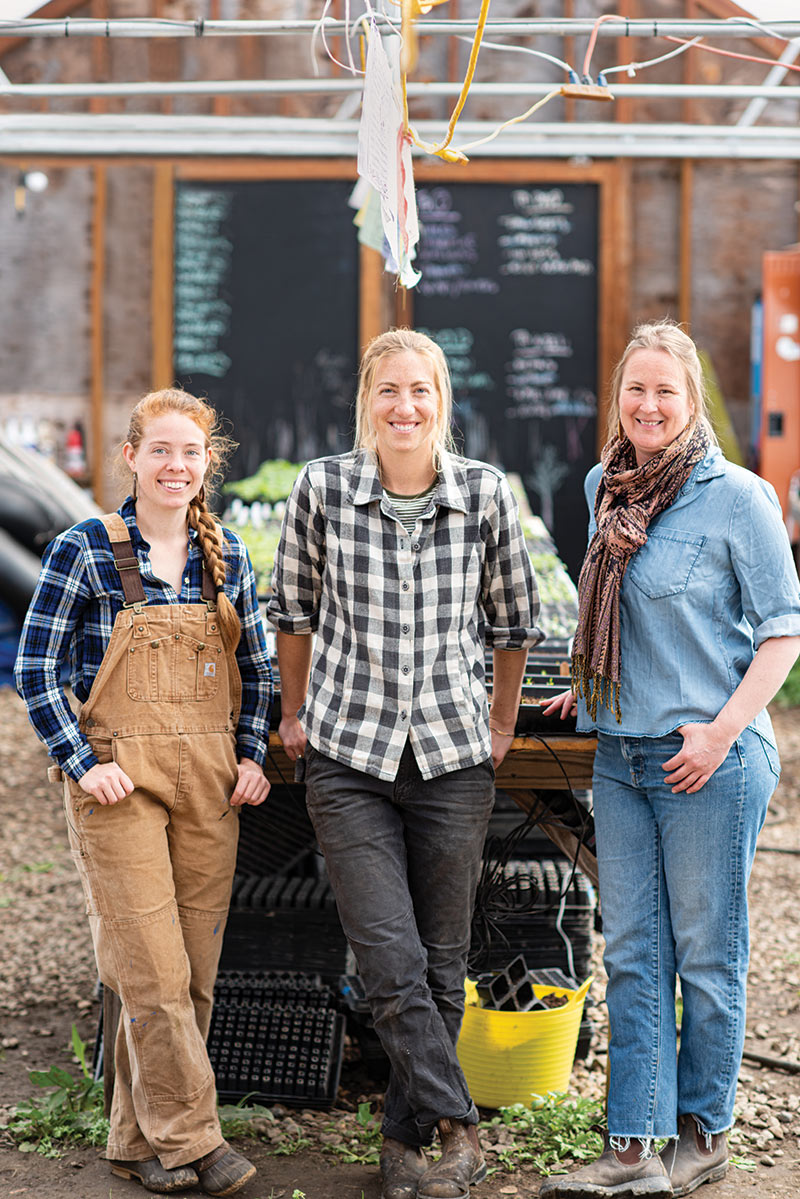
“The appeal has always been there for me, but affordability has always been the challenge,” she says. “We live on a very tight budget.”
Then a friend told her about the Farm SHARE program, a new initiative that helps connect families with limited incomes to local farms. Cattan signed up and spent much of last summer pickling local cucumbers, cracking fresh eggs, and learning about the uses for the Asian green tatsoi.
The Farm SHARE program, now entering its second season, is a project of the Newburyport-based nonprofit group Nourishing the North Shore. The organization started in 2015 as a grassroots effort by three local women who were concerned about the barriers preventing low-income families from getting access to fresh, healthy food.
The trio secured a $5,000 grant and launched a small community garden to help make local produce available to local households. Over the next few years, additional grants from Harvard Pilgrim and the Cummings Foundation helped them grow even further. Today, the group runs several programs including an expanded community garden and cooking and gardening classes. Their mobile farmers market has delivered 150,000 pounds of fresh, local produce to food pantries and senior housing since it began in 2016.
The Farm SHARE program is the latest addition to the lineup. The goal was twofold: to get a steady supply of affordable fresh produce to local families and to support the work of small farmers.
“A resilient food system requires active farmers to play a part,” says Caitlin Kenney, co-executive director of Nourishing the North Shore. “We want to be able to directly pay them for their efforts—we don’t want to rely on farmers donating in order to increase access to food.”
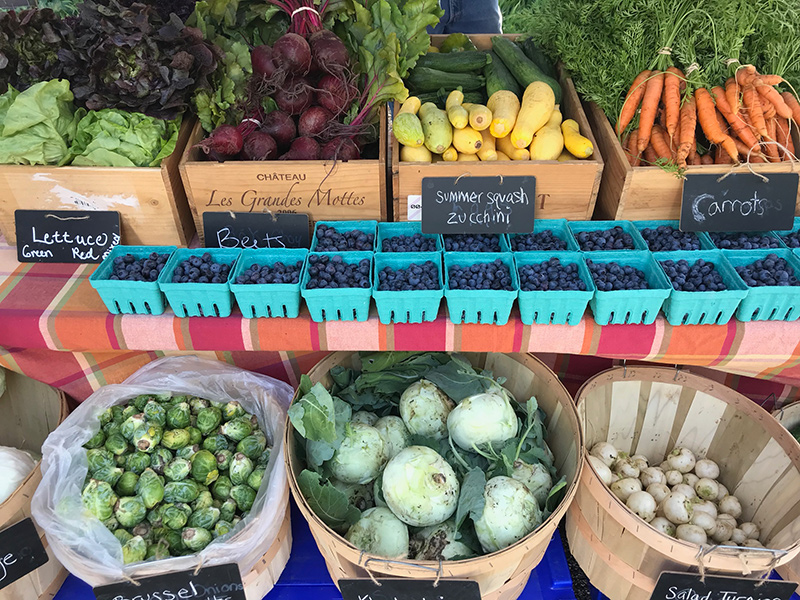
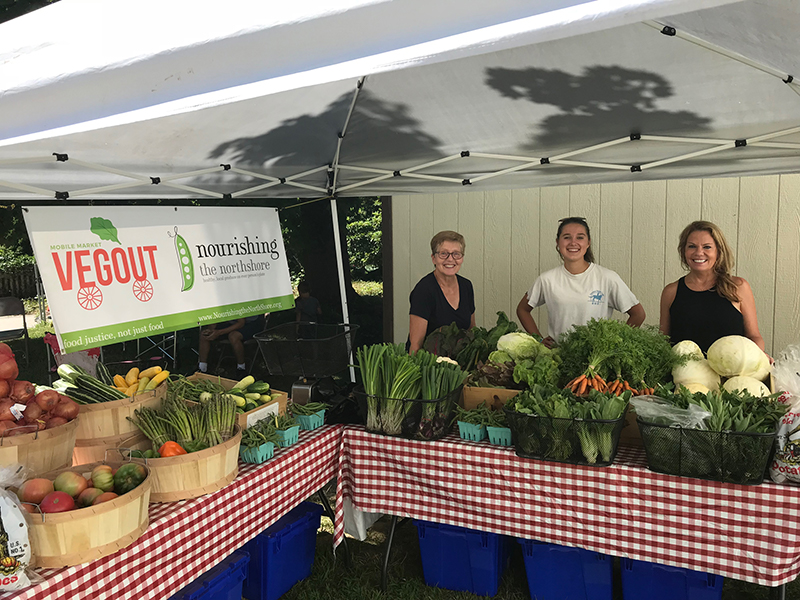
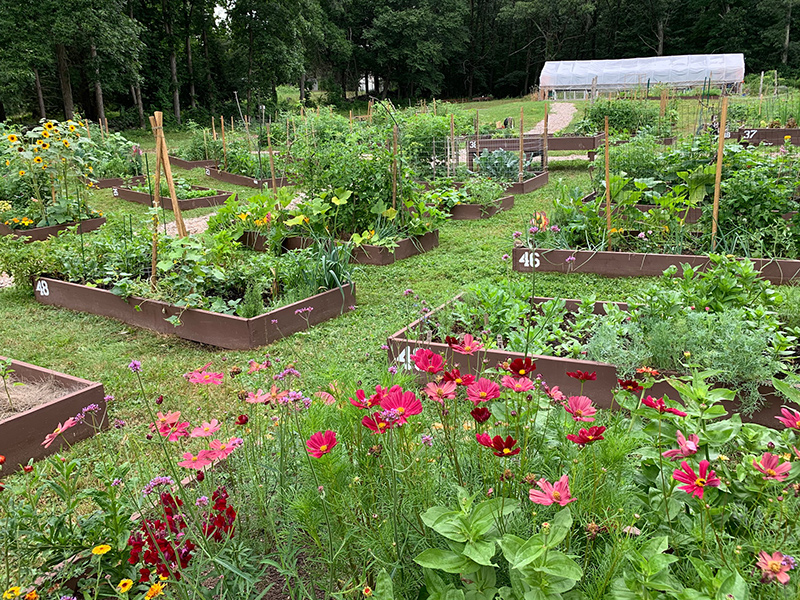
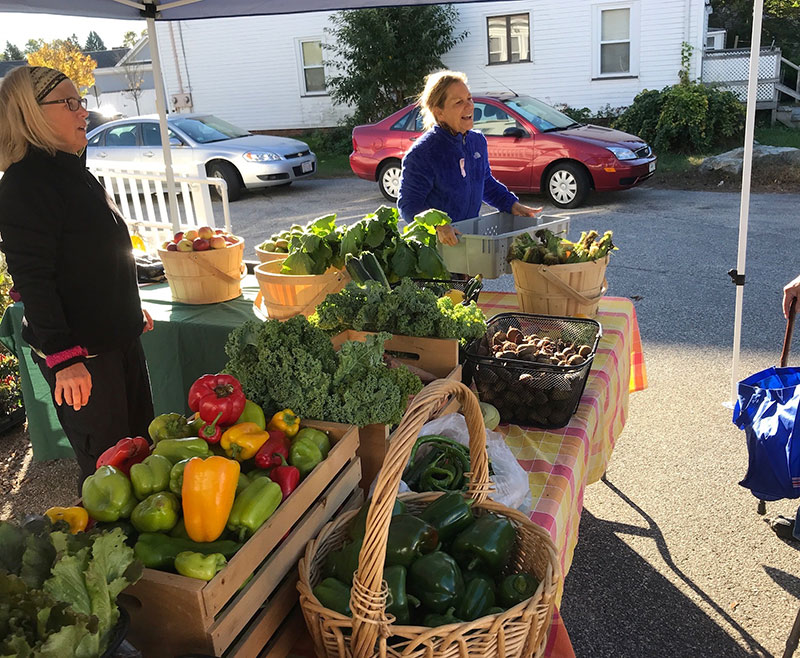
The group realized that upfront cost was one of the major obstacles preventing low-income households from participating in CSAs. Farms that offer these programs usually require members to pay for their whole subscription at the beginning of the season, when their costs for equipment, seeds, and other materials are highest. With a price tag that can top $600, this investment is usually too much for families that are struggling financially.
So Nourishing the North Shore arranged to pay the farms directly for CSA shares. Farm SHARE participants then pay the organization each week at a reduced rate equal to about a third of the total cost. Participants can pay directly or use Supplemental Nutrition Assistance Program funds—formerly known as food stamps—to cover their costs.
The organization piloted the concept last year with four farms and 25 participants. This year, the program is expected to include five farms and 38 households from towns including Newburyport, Beverly, Salem, and Gloucester.
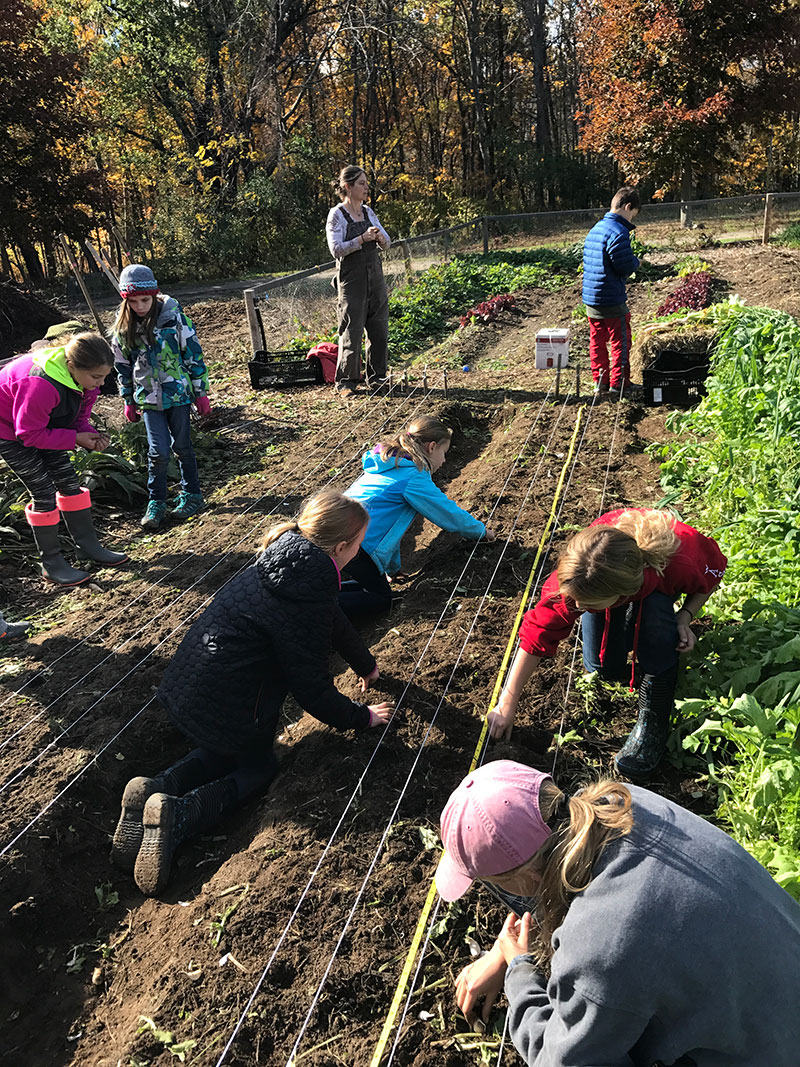
By design, participants’ experience at the farm is exactly the same as any other CSA members, to help avoid the possible stigma people sometimes feel about receiving food assistance.
“Being able to have that sense of belonging and ownership has been one of the biggest rewards,” said Addy Shreffler, program coordinator for Nourishing the North Shore.
For the small farms that participate, welcoming Farm SHARE clients is a natural extension of their mission as farmers, says Elise Smith, one of the owners of Cedar Rock Gardens in Gloucester. Small farmers do what they do in order to build community and help more people enjoy the pleasures and benefits of local food.
“Everybody gets to experience where the food comes from,” Smith says. “It’s definitely awesome to have everyone come to the farm to pick up their food, meet people, see how the food is grown.”
For Farm SHARE members, the benefits are numerous, Cattan says. The program saved her family money and even made meal-planning a little easier as they chose menus based on the produce they had to use that week. They froze and pickled some items, extending the savings and the flavors into the winter. Cattan’s three children, ages nine, 11, and 12, sampled new foods—the kids eagerly note that they were particularly fond of sun jewel melons, a fruit they’d never tasted previously.
“That’s important too, getting the kids in there,” Cattan says. “I think food brings people together.”
For more information, visit nourishingthenorthshore.org.

